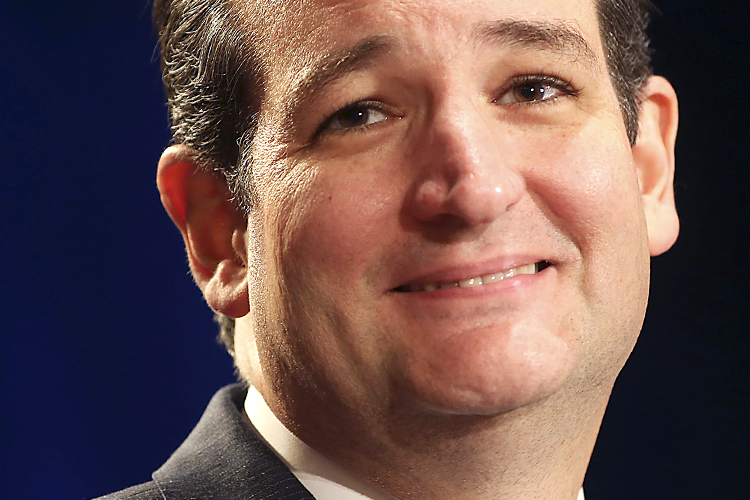Wal-Mart and other top U.S. corporations “reap worker political donations through charities,” according to a Bloomberg report published Monday.
Reporter Renee Dudley wrote that major companies, “forbidden to give money directly to political action committees, are taking advantage of controversial federal rules allowing them to ask employees to do it for them in exchange for matching charitable donations.” Dudley notes that the Federal Election Commission ruled in the 1980s that tying employees’ charitable donations to matching political contributions was legal, and that precedent has remained in place despite repeated disagreement within the agency, including a split vote in 2009. She reports the practice “has become commonplace,” and that those who contribute are mostly in management.
Wal-Mart, the world’s largest private employer, draws particular attention in the Bloomberg story, which says the retailer’s program is distinguished by offering a two-to-one rather than one-to-one match, and by requiring that the charitable donations go to the company’s Associates in Critical Need Trust. Wal-Mart’s employee-to-employee charitable activities drew unkind scrutiny in November, when the Cleveland Plain Dealer reported on a worker-to-worker food drive at a local store.
Bloomberg cites a 2004 memo from Wal-Mart’s then-general counsel pledging, “We’re going to be relentless in encouraging participation until 100% of our management associates are on board.” Center for Responsive Politics data for Wal-Mart’s “PAC for Responsible Government,” cited by Dudley, show a roughly even split in donations between Republicans and Democrats, with recipients including House Speaker John Boehner, Tea Party favorite Senator Ted Cruz and hometown conservative Democratic Senator Mark Pryor. (A June report from the union-backed Making Change at Walmart campaign, factoring in donations from the Walton family which owns half the company, found that 69 percent of combined total Wal-Mart and Walton donations from 2000 to 2012 went to Republican candidates or committees.)
Wal-Mart did not immediately respond to Salon’s inquiry regarding Bloomberg story. Wal-Mart Vice President David Tovar told Bloomberg’s Dudley that the program was “a great way for people who contribute to the PAC to also do good for fellow associates,” and offered “an opportunity to support the company and the things we’re advocating for on behalf of the shareholders, our associates, our customers” at the state and federal levels.
As I’ve reported, Wal-Mart also maintains the Walmart Foundation, whose grantees have included non-profits in key cities where the company seeks to expand. The legally-distinct Walton Family Foundation is a major funder of anti-union education reform efforts.
Bloomberg’s story comes weeks after a day of civil disobedience actions mounted by the non-union workers’ group OUR Walmart, which is closely tied to the United Food & Commercial Workers union. In an e-mailed statement, OUR Walmart activist Barbara Gertz called the Bloomberg story “further proof that Walmart is determined to spend millions to support politicians who vote to cut food stamps and who oppose increasing the minimum wage, instead of focusing on creating good jobs in our communities.” While OUR Walmart and allies have recently emphasized Wal-Mart employees’ widespread use of public assistance programs (including Congresswoman Jan Schakowsky calling those at the top of the company “welfare kings”), in October Wal-Mart’s U.S. CEO declared the company “cautious but modestly optimistic” that food stamp cuts would be good for business — a statement Congressman John Conyers told Salon “borders on the ludicrous.”
Gertz, a Denver Wal-Mart employee, said it was “upsetting to hear that Walmart not only exploited the associates in critical need fund to push a political agenda that hurts ordinary Americans, but it also may have done so in violation of federal laws.”

